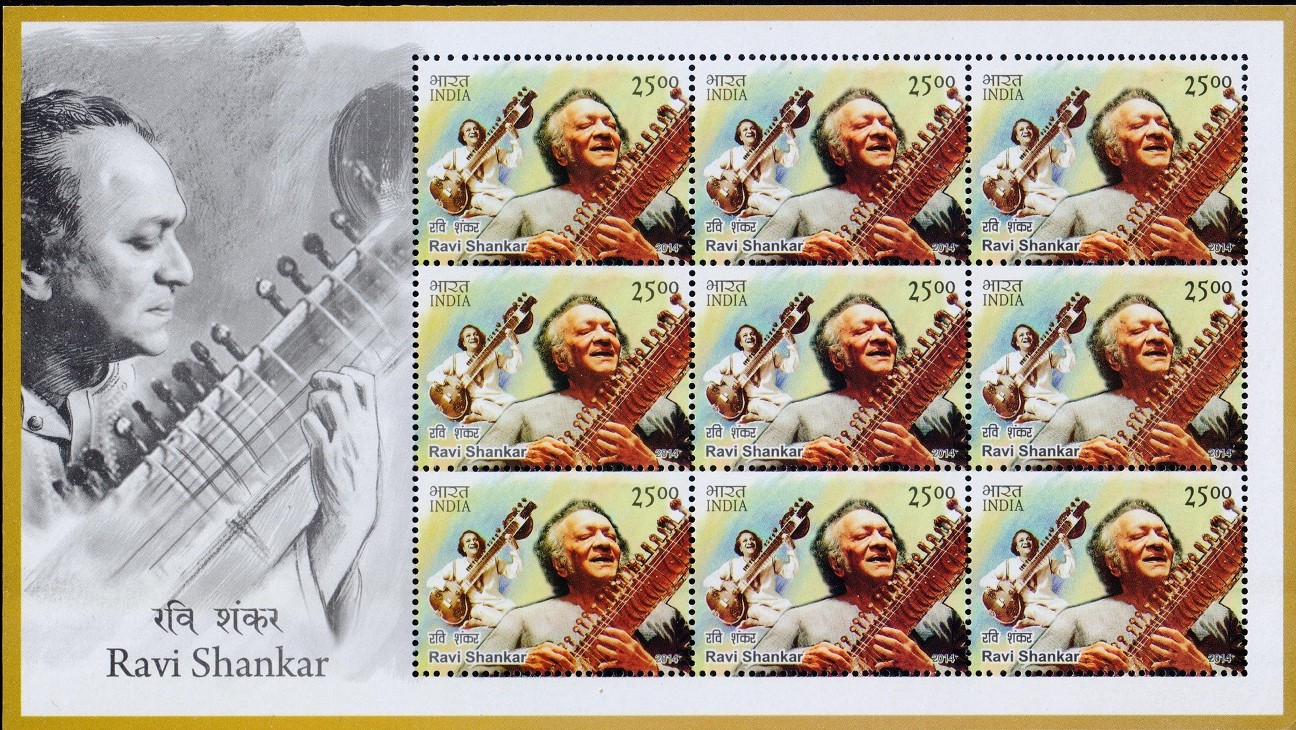
Ravi Shankar
A commemorative postage stamp on Pandit Ravi Shankar, an Indian Bengali Sitar maestro, recipient of Bharat Ratna in 1999 [a part of the series ‘Indian Musicians‘] :


 Issued by India
Issued by India
Issued on Sep 3, 2014
Issued for : There have been many maestros who have nurtured Indian classical music and have made its presence felt in the national and international arena. India Post is paying a tribute to such legendary maestros of Indian Classical Music by releasing a set of eight stamps on Indian Musicians.
Credits :
Stamp/Miniature Sheet/Sheetlets/First Day Cover : Sankha Samanta
Cancellation : Nenu Gupta
Type : Miniature Sheet, Mint Condition
Colour : Multi colour
Denomination : 2500 Paise
Stamps Printed : 0.8 Million
Miniature Sheet : 0.4 Million
Sheetlets : 0.1 Million
Printing Process : Wet Offset
Printer : Security Printing Press, Hyderabad
Name : Ravindra Shankar Chowdhury
Born on Apr 7, 1920 at Benares, Benares State, British Raj [now Varanasi, Uttar Pradesh]
Died on Dec 11, 2012 at San Diego, California, United States
About :
- Music has always been an important aspect of Indian life. Classical Music, which is based on ragas, has been the mainstay of the life of the people in the country. Its various forms have been used in movies, music albums, folk songs, etc.
- Indian Classical Music is of two types – Hindustani and Carnatic music. Hindustani music is mainly found in North India. Khayal and Dhrupad are its two main forms. There is a significant amount of Persian influence in Hindustani music in terms of the instruments, style of presentation and ragas. There is also a rich tradition of Gharanas in classical Hindustani Music. Carnatic music, found mainly in South India, tends to be rhythmically intensive and structured when compared with Hindustani Music.
- Ravi Shankar, the sitar maestro, was born in Varanasi on 7th April, 1920. He spent his youth touring India and Europe with the dance group of his brother, Uday Shankar. Thus he was exposed to both Indian and Western dance and music. He gave up dancing in 1938 to learn sitar. After completion of his studies in 1944, he worked as a composer for the Apu Trilogy by Satyajit Ray and was music director of All India Radio, New Delhi from 1949 to 1956. In 1956, he began his tour of Europe and America and popularized Indian classical music through teaching, performances and by associating with the violinist, Yehudi Menuhin, and Beatles guitarist, George Harrison. Ravi Shankar served as a nominated Member of Rajya Sabha from 1986-1992. He was awarded the Bharat Ratna in 1999. This exponent of sitar continued to perform till his death on 11th December, 2012.
- Text : Based on the material provided by Sangeet Natak Akademi and Internet.


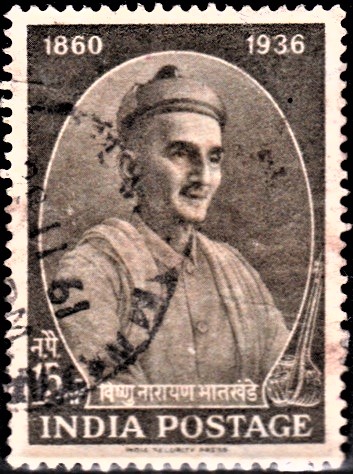
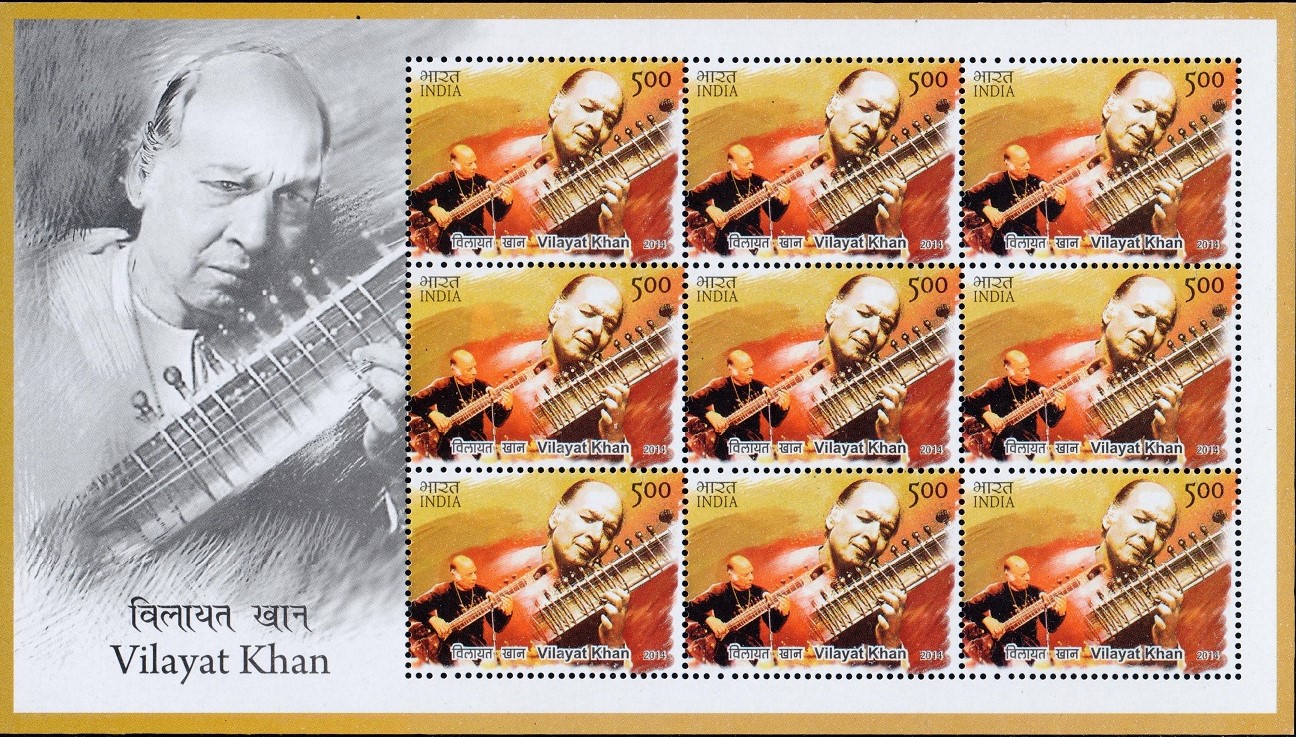
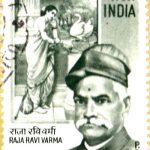
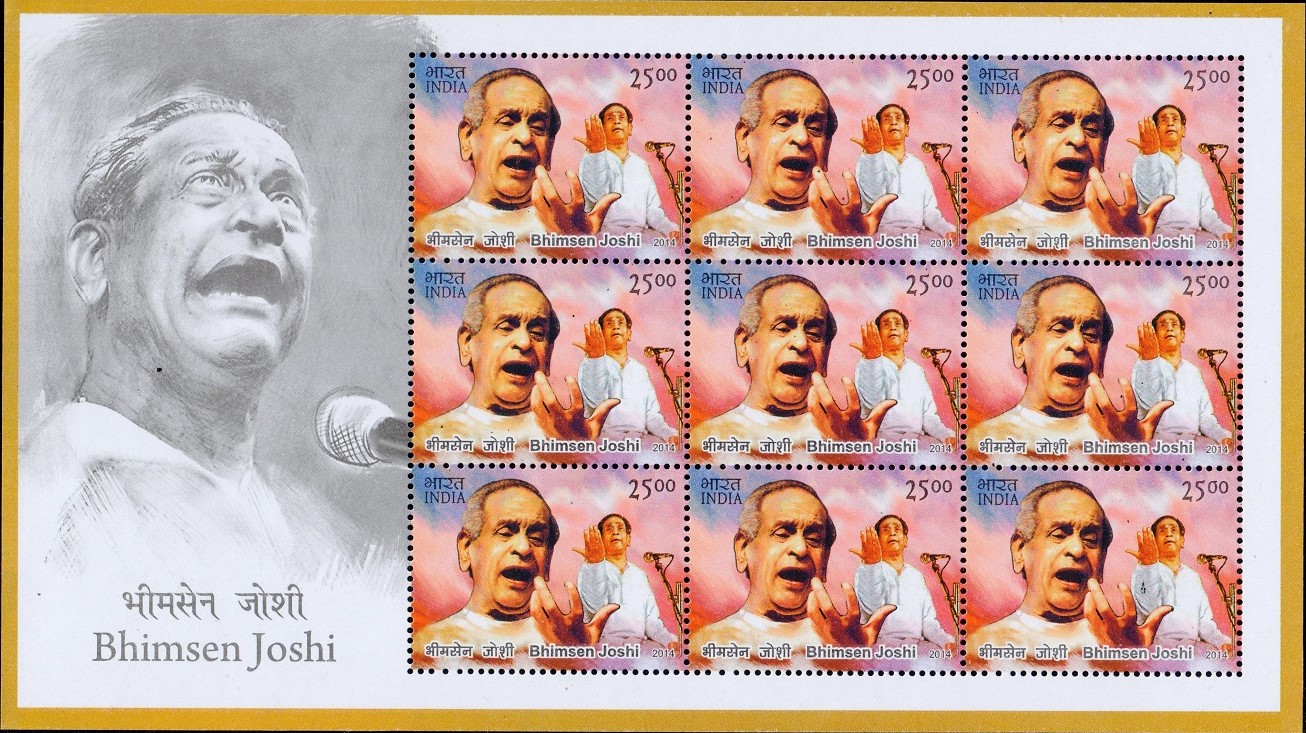
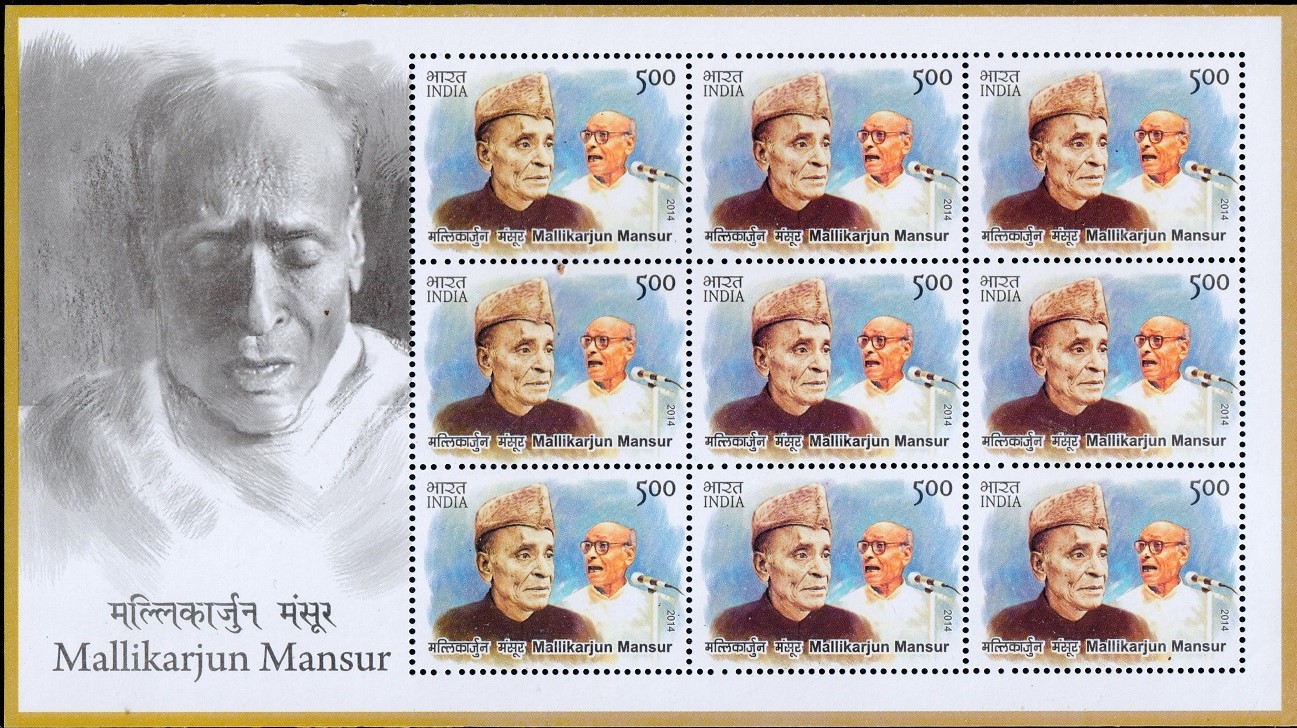
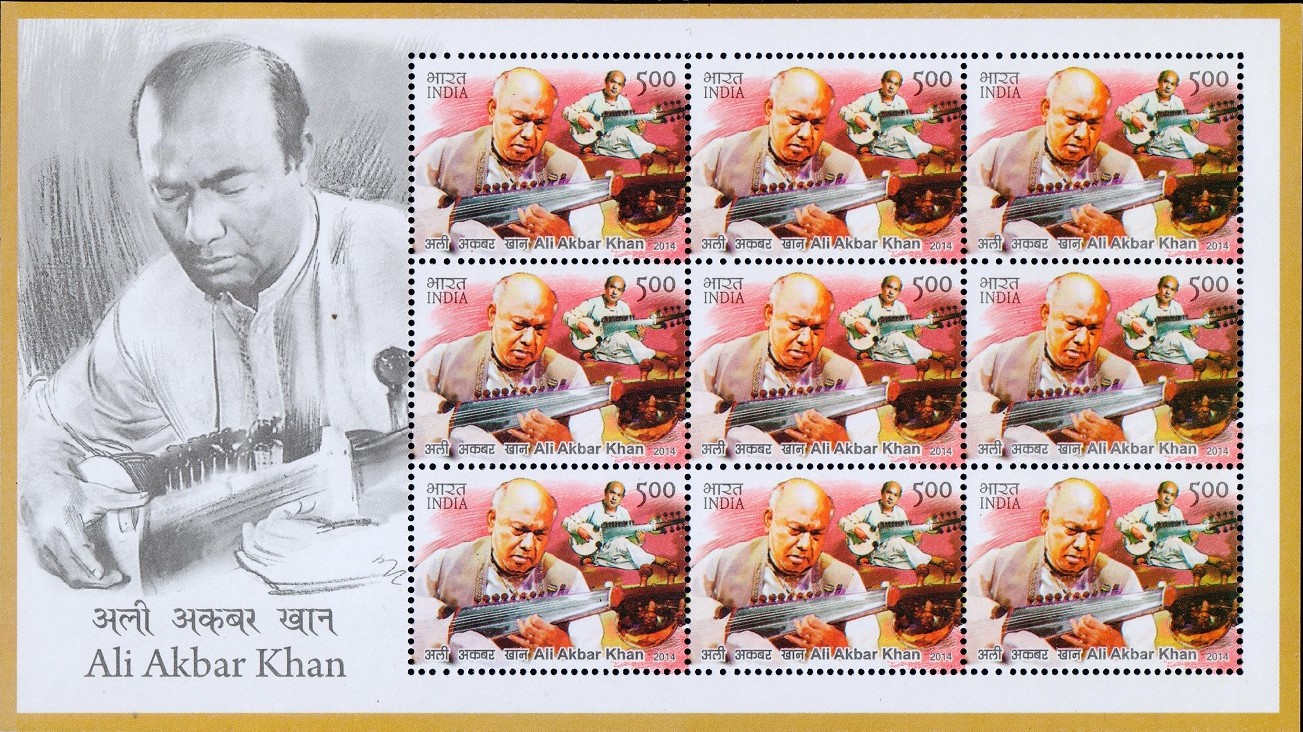
[…] one of the great pioneers of Indian classical music who introduced the music to the West along with Ravi Shankar, Ali Akbar Khan and others. He recorded his first 78-RPM disc at the age of 8, and gave his last […]
[…] of many eminent artistes in the past from varied genres of music and dance. To name a few, Late Pandit Ravi Shankar, Late Ustad Ali Akbar Khan, Late MS Subbalakshmi, Late Pt. Bhimsen Joshi, Pandit Shivkumar Sharma, […]